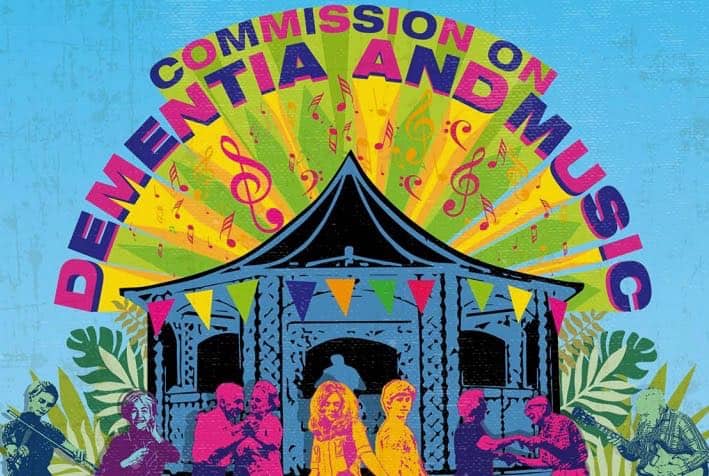Churches can aid people with dementia
Mairi Johnstone’s role as MMHS’s Chief Exec takes her on what she calls ‘interesting explorations’ from time to time. Mairi had the pleasure of learning about the life-enhancing interplay between music and dementia. Here is her special report…
What a complete privilege it was to…listen to a wonderful choir of people with dementia
Having attended the main hearing of the House of Lords Commission on Dementia and Music chaired by Baroness Sally Greengross, I was invited to the subsequent celebration of the launch of the Report in the House.
What a complete privilege it was to hear experts talk on the subject – and at the celebration, listen to a wonderful choir of people with dementia singing their socks off led by Dame Lesley Garrett!
The Utley Foundation have been pioneers in championing the benefits of music-based interventions for people with dementia. In 2017, ILC-UK (a think-tank which seeks to impact on policy to do with longevity, ageing and population change) was asked on behalf of the Foundation to set up the world’s first Commission on Dementia and Music.
What did I learn?
At present, not enough people in the UK benefit from interventions. For example, educated estimates suggest that high quality arts and music provision may currently only be available in just five per cent of care homes. Music brings dementia sufferers to life. It allows many to relax and communicate with their carers and families for the first time in years.
The commission has identified that interventions can take place in the home, theatres, town halls, specialist units and care homes. It was a pleasure for me to learn that MHA employ music therapists as part of their specialist dementia care across the UK.
Churches are perfectly placed to be part of the change that is needed
I would add churches to the above list of places. Churches are perfectly placed to be part of the change that is needed. What can you – I – do in our church? I shall end with a quote from a freelance opera singer, Demelza Stafford, who for more than ten years has sung therapeutic concerts in hospitals and care homes:
‘As we perform, we see reactions from visitors and carers too, often completely overwhelmed at seeing loved ones interact in ways they haven’t for months, years even. Carers are often moved to tears when residents who can’t usually engage or speak, manage to sing every word, tap a toe or even find their way to their feet to dance.’


